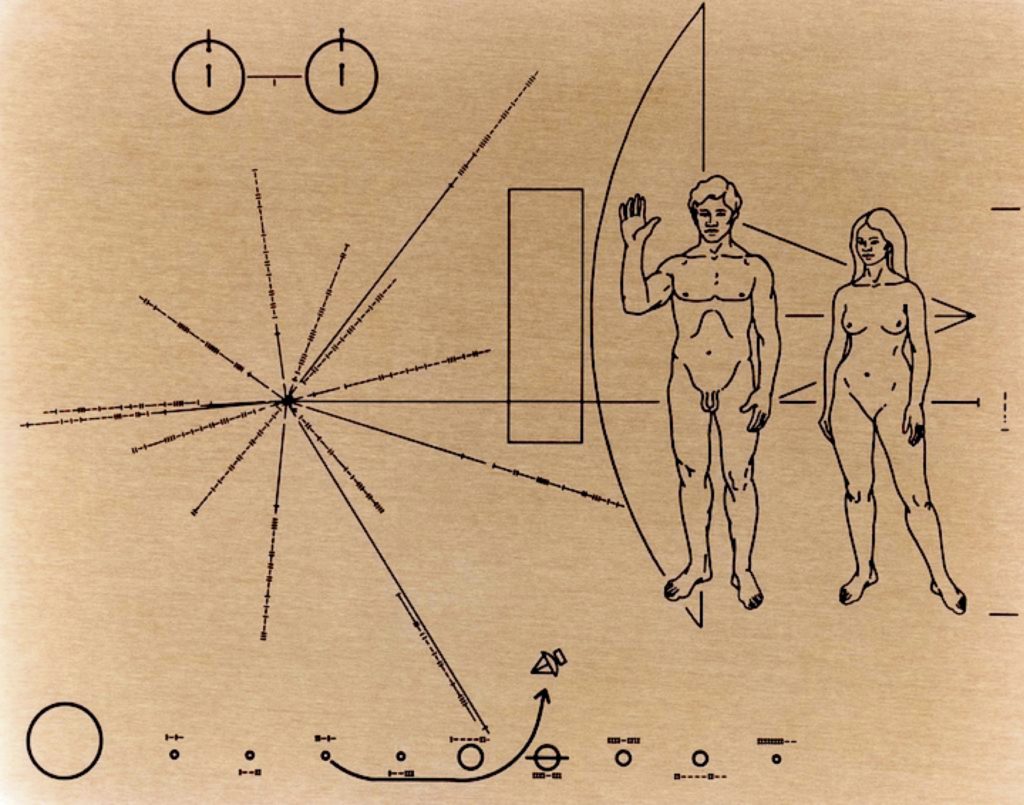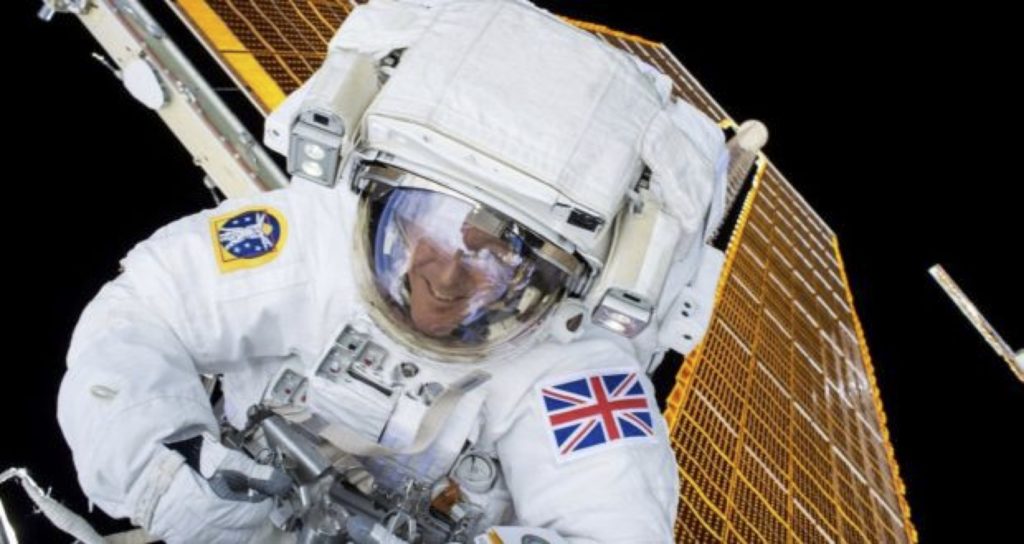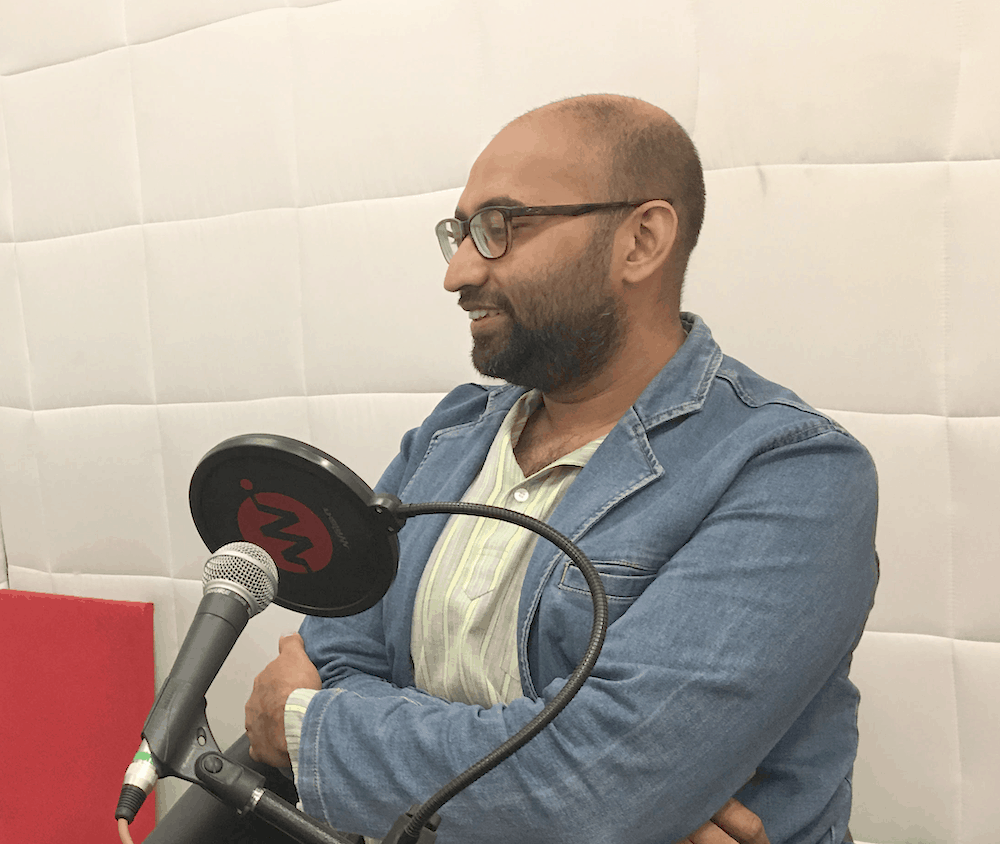
By popular demand – its back! Organised by the Workers Educational Association, 2 hours every Thursday between 5pm-7pm over 6 weeks starting on 20/05/2021. The course will examine the lives and contributions of six individuals who have made significant contribution to our understanding of the cosmos. In sequence they are
Henrietta Swan Leavitt 1868-1921
Albert Einstein 1879-1955
Edwin Hubble 1889-1953
Subrahmanyan Chandrasekhar 1910-1995
Stephen Hawking 1942-2018
Jocelyn Bell-Burnell 1943-
There are no prerequisites and no end of course eassessment. As before the course will be run as a Zoom meeting – so lots of interaction in addition to the Q&A at the end. Cost is £38.40 or free – check and signup here





 A
A